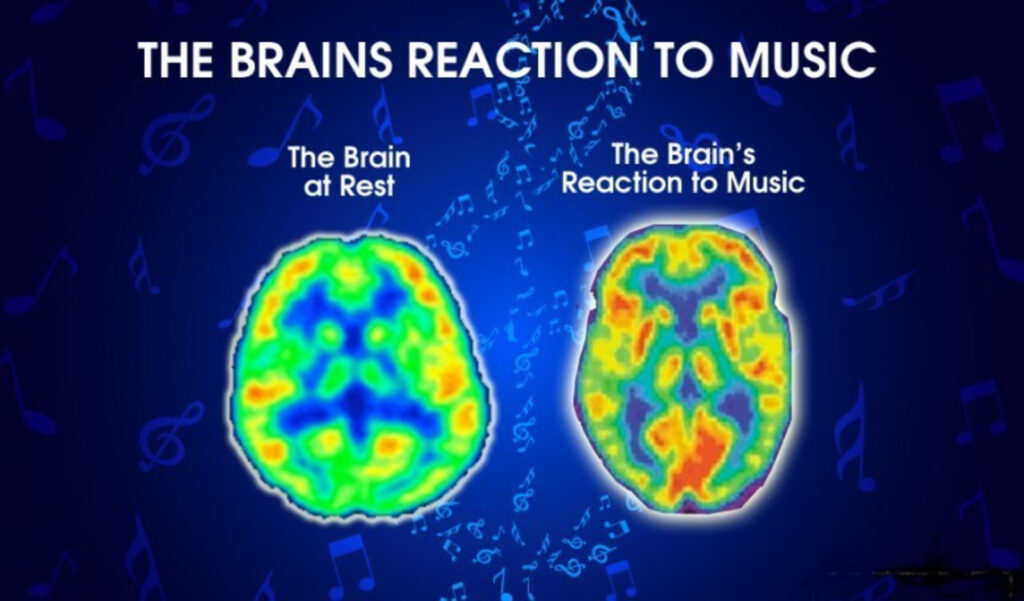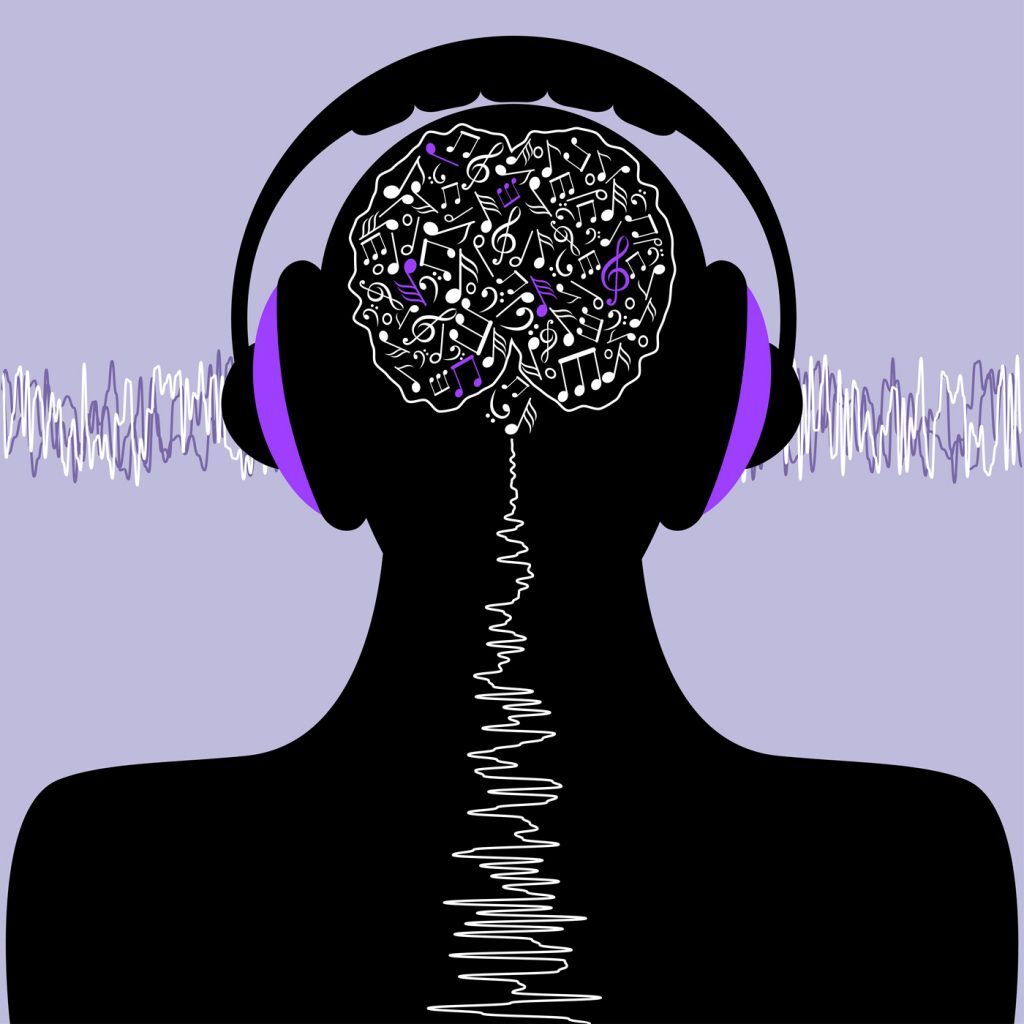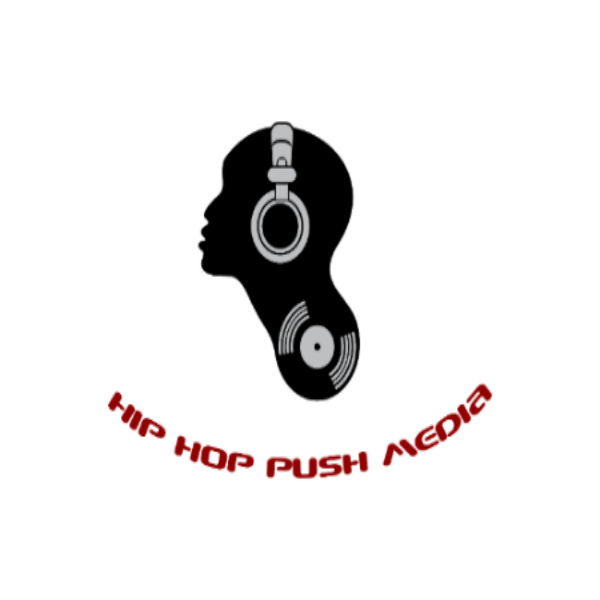5 Interesting Ways Music Influences Behavior
Music is a universal language that has the power to touch people in profound ways. It can make us feel a number of emotions like happy, sad, inspired, energized, or relaxed.
But did you know that music can also influence your behavior? Studies have shown that music can have a significant impact on our emotions, mood, and even our decision-making processes.
In this article we’ll go over the 5 ways music influences our behavior so you can make an informed decision on the type of music you choose listen to.
How Audiomack Pays Its Artists
Music Affects Your Mood
One way in which music influences behavior is by affecting our mood. Listening to upbeat music can make us feel more positive, cheerful, and motivated, while slower, more melancholy tunes can evoke feelings of sadness or contemplation.
When we’re feeling down, we may turn to music that reflects our emotions and helps us process them. Conversely, when we’re feeling good, we may seek out music that enhances that mood and makes us feel even better.
Music has the ability to influence our mood in various ways. Here are some ways in which music can affect our mood:
- Emotional expression: Music can express a range of emotions, such as happiness, sadness, anger, fear, and love. When we listen to music that expresses emotions that we’re feeling, it can intensify those emotions and help us process them.
- Neurochemical changes: Listening to music can stimulate the release of neurotransmitters such as dopamine, serotonin, and oxytocin, which can affect our mood, motivation, and well-being.
- Memory recall: Certain songs can trigger memories and emotions associated with those memories. This can be particularly powerful for people with dementia or Alzheimer’s disease.
- Distraction: Music can serve as a distraction from negative thoughts and emotions, and can help to reduce stress and anxiety.
- Pace regulation: The rhythm and tempo of music can affect our heart rate, breathing, and overall pace. Upbeat music can increase energy and motivation, while slower music can help us relax and unwind.
Overall, music can be a powerful tool for influencing our mood and emotions. The specific ways in which music affects us can vary from person to person, depending on factors such as personal preferences and past experiences.
Music Can Trigger Memories
As mentioned earlier music can trigger memories. For example, a song that we associate with a particular moment in our lives, such as a first date or a special trip, can bring back strong emotions and memories.
This can lead us to behave in a certain way, such as feeling nostalgic or even making decisions based on those memories.
Music can trigger memories through a process called associative learning. When we experience a particular event or emotion while listening to a song, our brain creates a connection between the two.
Over time, this association becomes stronger, and hearing the song can bring back memories and emotions associated with that event.
How Rap Music Got Its Bad Reputation
Another way music can trigger memories is by contextual association. We often associate music with specific events or places in our lives.
For example, a particular song may remind us of a road trip we took with friends, or a song that we heard during a special moment like a wedding or graduation.

It Affects Our Cognitive Process
Studies have shown that listening to music can improve cognitive performance in areas such as memory, attention, and problem-solving.
This is thought to be due to the way music activates different areas of the brain and enhances neural connectivity. As a result, listening to music while studying or working can help us focus and perform better.
Listening to music can also help stimulate creativity and imagination. This is because music can activate different parts of the brain and help us think outside the box.
Also, learning and listening to music in a foreign language can improve language learning and retention. This is because music can help us remember and internalize vocabulary and grammar structures.
Overall, music has a powerful effect on our brains and can improve various cognitive processes.
Social And Cultural Significance
Music can influence behavior through its social and cultural significance. Certain genres of music are often associated with particular subcultures or lifestyles, and listening to that music can signal our identification with those groups.
This can influence our behavior by shaping our attitudes and beliefs, and even influencing the way we dress or behave.
Music is an art form that is deeply intertwined with cultural identity, history, and tradition.
Here are a few ways in which music contributes to cultural significance:
- Identity and Expression: Music can reflect and express the values, beliefs, and emotions of a particular culture. It can be a way for people to express their individual and collective identities.
- Tradition and History: Many cultures have their own unique musical traditions that have been passed down from generation to generation. Music can be used to connect people with their cultural heritage and to preserve important cultural traditions.
- Social and Political Commentary: Music has the power to comment on social and political issues, providing a platform for cultural commentary and critique.
- Entertainment: Music is also a form of entertainment that is enjoyed by people all over the world. It can bring people together and create a sense of community and shared experience.

Music Has A Physical Affect On You
Certain genres of music are often associated with particular subcultures or lifestyles, and listening to that music can signal our identification with those groups.
This can influence our behavior by shaping our attitudes and beliefs, and even influencing the way we dress or behave.
In some cases, music can even have a physical effect on our behavior. For example, listening to fast-paced, high-energy music can increase our heart rate and make us feel more energized.
This can lead us to behave in a more active, outgoing manner, such as dancing or socializing.
Overall, music plays a vital role in shaping and reflecting cultural identity and tradition, as well as providing a means for social and political commentary and entertainment.



